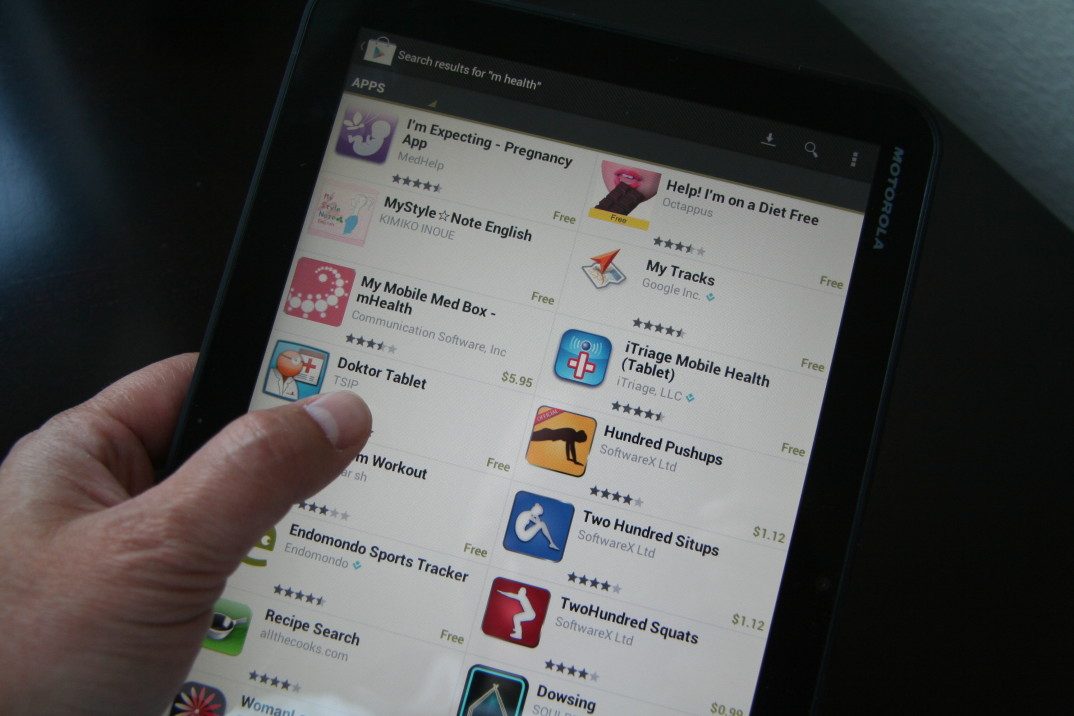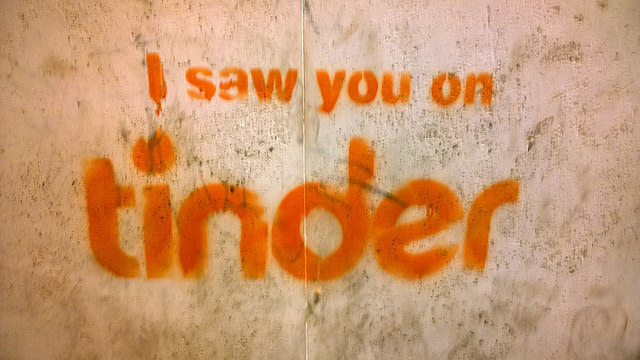I am not going to shock anyone by stating that we live in a time where distrust of government is high, where people believe that they need to ‘take back’ whatever they feel needs taking back. This opinion runs especially strong in matters surrounding healthcare, where people question a range of issues, including: universal insurance, low cost pharmaceuticals, the efficacy of particular medical tests, and autonomy as regards end of life (and other medical) decisions.
Continue reading “An APP(le) a Day: Can Smartphones Provide Smart Medical Advice?”


